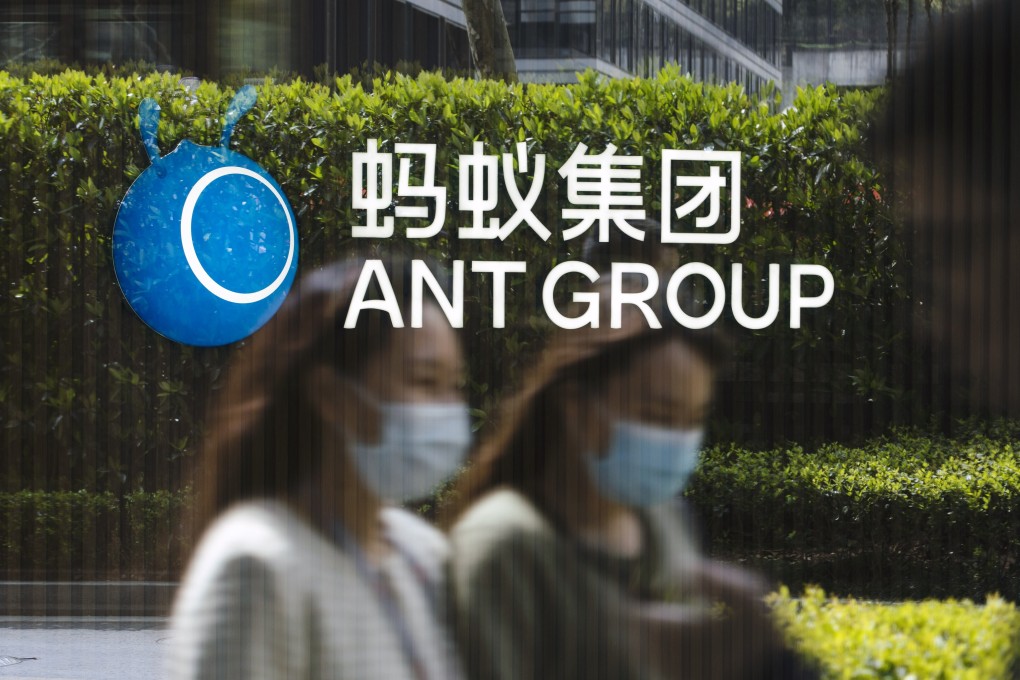Does Ant Group’s new licence for consumer finance business indicate regulator is on board with restructuring?
- Ant gets go-ahead to operate Chongqing Ant Consumer Finance, in which it has a 50 per cent stake
- New licence indicates restructuring process has gained the support of the CBIRC, analyst says

Chongqing Ant can now operate its yuan-denominated business, including consumer finance lending and related insurance product sales and advisory services, countrywide. It can also invest in fixed income and other businesses approved by CBIRC, the statement said.
“Under the guidance of regulators, Ant will work with other shareholders of Chongqing Ant Consumer Finance to serve the needs of consumers, and to continue enhancing the quality of financial services and risk management capabilities,” Ant said on Thursday.
Thursday’s approval is a major step for Ant whose initial public offering (IPO) was put on ice in November at the last moment. The listing was called off after the CBIRC issued a set of draft rules to clamp down on the country’s booming microlending market and required lenders such as Ant to put up 30 per cent of their loan books in capital.

03:04
What is Jack Ma’s Ant Group and how does it make money?
Chongqing Ant is part of Ant’s restructuring plan. Ant will move Huabei and Jiebei, its micro lending products that work like credit card loans, to the newly formed company, according to a source familiar with the situation. The new company will also offer consumer loans jointly funded by itself and other banks. For loans underwritten solely by other banks, it will label these differently and clearly tell borrowers where the money has come from, the source said.